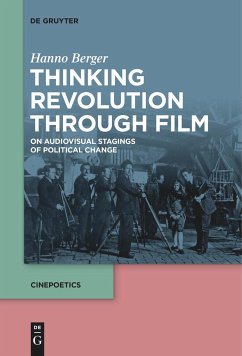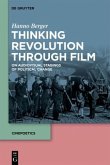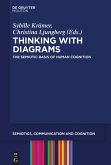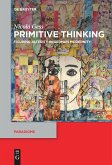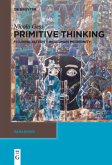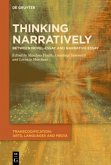This book aims to redefine the relationship between film and revolution. Starting with Hannah Arendt's thoughts on the American and French Revolution, it argues that, from a theoretical perspective, revolutions can be understood as describing a relationship between time and movement and that ultimately the spectators and not the actors in a revolution decide its outcome. Focusing on the concepts of 'time,' 'movement,' and 'spectators,' this study develops an understanding of film not as a medium of agitation but as a way of thinking that relates to the idea of historicity that opened up with the American and French Revolution, a way of thinking that can expand our very notion of revolution. The book explores this expansion through an analysis of three audiovisual stagings of revolution: Abel Gance's epic on the French Revolution Napoléon, Warren Beatty's essay on the Russian Revolution Reds, and the miniseries John Adams about the American Revolution. The author thereby offers a fresh take on the questions of revolution and historicity from the perspective of film studies.
Bitte wählen Sie Ihr Anliegen aus.
Rechnungen
Retourenschein anfordern
Bestellstatus
Storno

